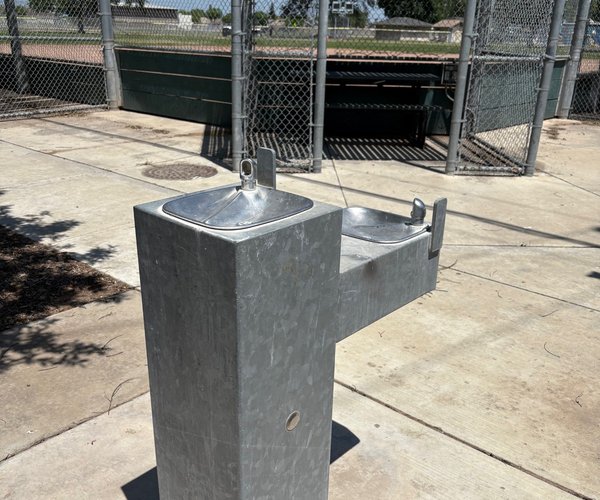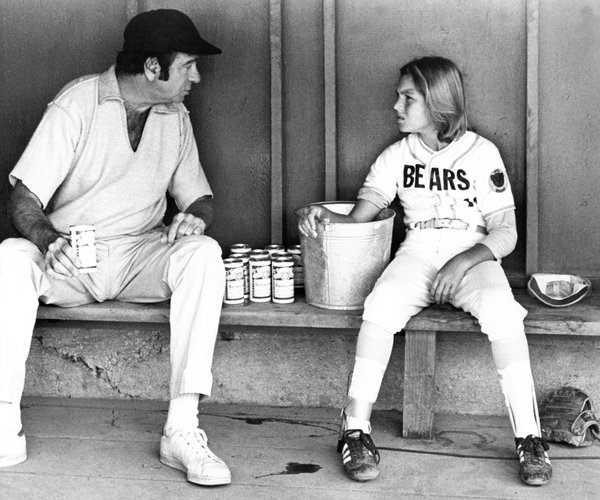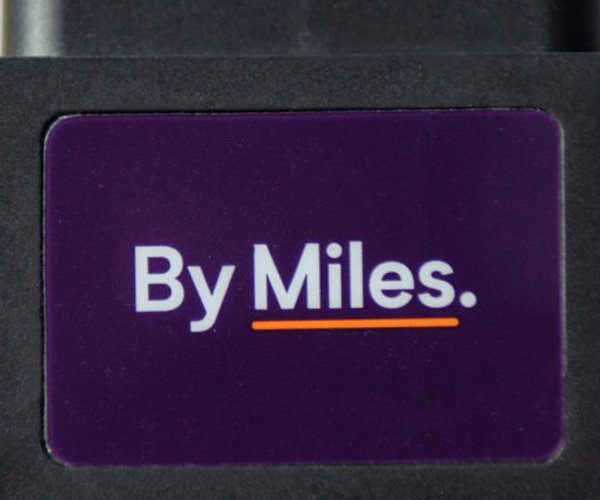The jig is up.
That’s jig as in paid hourly job as opposed to piecemeal work.
And you can thank the shortsightedness of the California Legislature.
Two Pizza Hut franchisee units are eliminating their delivery services.
That’s 2,041 jobs that now pay a guaranteed $15.50 an hour and would have paid $16 an hour after the stroke of midnight on Jan. 1 when California minimum wage increases again.
The reason the jobs are disappearing is because Gov. Gavin Newsom and the legislature put in place a new wage law that will increase most California fast food workers’ minimum wage to $20 an hour starting April 1, 2024.
You can still get Pizza Hut delivery.
But it will be via Door Dash, Uber Eats, and such.
Those contracting with such concerns aren’t paid by the hour
They do not have any benefits, even the minimum of workman’s compensation.
They have to pay all of their Social Security taxes.
Besides income tax, they can be subject to a self-employment tax.
Yes, the laid off delivery workers could go to work for delivery concerns that pick up business from Pizza Hut’s move.
But they likely won’t end up making the equivalent of $16 an hour, let alone $20 an hour.
There are app-based delivery drivers doing quite well, thank you.
It is, however, far from being universal.
Do not let the politicians that took credit for $20 an hour fast food wages claim the elimination of jobs was an unintended consequence.
It’s unadulterated horsepucky.
You’d be hard-pressed to find an economist — whether they are conservative, liberal, Republican, Democrat or got their degree from Stanford or Sacramento State — that did not indicate job loss would be guaranteed collateral damage.
The real question has always been how bad will that collateral damage end up being.
Do not misunderstand.
A market-based economy is always transformative.
Changing demands, wants, needs, and tech means all jobs are evolving to some degree.
Blacksmiths are almost extinct as the demand for horseshoes is far from what it was right before Henry Ford and the Model T did to horses as a primary mode of transportation as Elon Musk hopes Tesla will do to the internal combustion engine.
The bottom line of their government’s direct manipulation of the marketplace has always been four -fold:
*How many people will have to lose jobs so others benefit?
*Do those people have the skills available to secure replacement jobs?
*Will there be jobs available that don’t require a major move?
*Will elevating one segment of the economy force wage increases in other sectors to the point industries that are already under cost pressure may be forced to rethink how they do things and eliminate jobs so they have the ability to stay competitive in the labor market and not bleed employees?
It is not rocket science.
And, to be honest, it is what some proponents of the $20 fast food minimum wage hoped would happen with one giant assumption attached.
That assumption is the 25 percent jump in fast food pay will simply speed up the “natural progression” of the economy and job market to create a demand for more jobs that are often better paying than the jobs they replace.
That’s fine in theory but history shows it doesn’t always work that way.
The real crime here is the fact the push to artificially jack up wages via state and local minimums at a significantly higher clip that has been done in the past is being done because of the ineptness of the state and federal government to create an economic environment that allows for upward mobility.
Or, to borrow an argument from some that want the nation’s borders to be sieve-like, that the rate of migration — primarily that classified as illegal — has overwhelmed the economy.
It is a paradox of sort given America needs migrants.
Our economic strength for 247 years has been our ability to build this nation on waves of immigrants.
A clue that we may, to a significant but not overwhelming degree, have flooded the economic engine causing it to sputter and go dead-in-the-water in some segments is the fast food industry.
Keep in mind the California Legislature was driven by the desire to help people attain livable wages.
No one will debate that minimum wage fast food jobs meet the definition.
Many point out fast food jobs were never perceived as anything but starter jobs or supplemental employment allowing a household’s aggregate income to be livable.
You are seeing older workers in fast food places in Manteca, Turlock, Tracy, and elsewhere.
That reflects, for the most part, that Social Security and what other retirement older people have may not exactly be cutting the proverbial mustard.
What you don’t see as much in this areas you do in major urban areas and generally throughout much of Southern California are people who are basically struggling to support families on fast food wages.
It is clear the concept of upward mobility we all like to talk about isn’t working.
As a small example, diesel mechanic jobs for railroads that pay in the six figures go begging at the same time politicians feel obligated to essentially take the easy way and try to raise all boats artificially by priming wage levels in targeted areas of the economy.
Jacking up the pay of fast food workers and not giving them the ability to access tools necessary for them to work on moving up the economic ladder is akin to throwing in the towel.
Worse yet, it forces businesses to make a decision: Is raising prices to absorb a huge jolt in pay — and payroll expenses — a move that could end up being detrimental to their business or are they better off reducing the number of people they employ?
The real issue is politicians’ lack of fortitude and stomach to tackle the main event — upward mobility.
It could have a lot to do with the fact they will likely have to drop preconceptions and work across the socio-economic spectrum to fashion solutions that work instead of just kowtowing to their base, whether it is political or ideological.
Meanwhile, enjoy your $10 Blizzard.
This column is the opinion of editor, Dennis Wyatt, and does not necessarily represent the opinions of The Bulletin or 209 Multimedia. He can be reached at dwyatt@mantecabulletin.com






